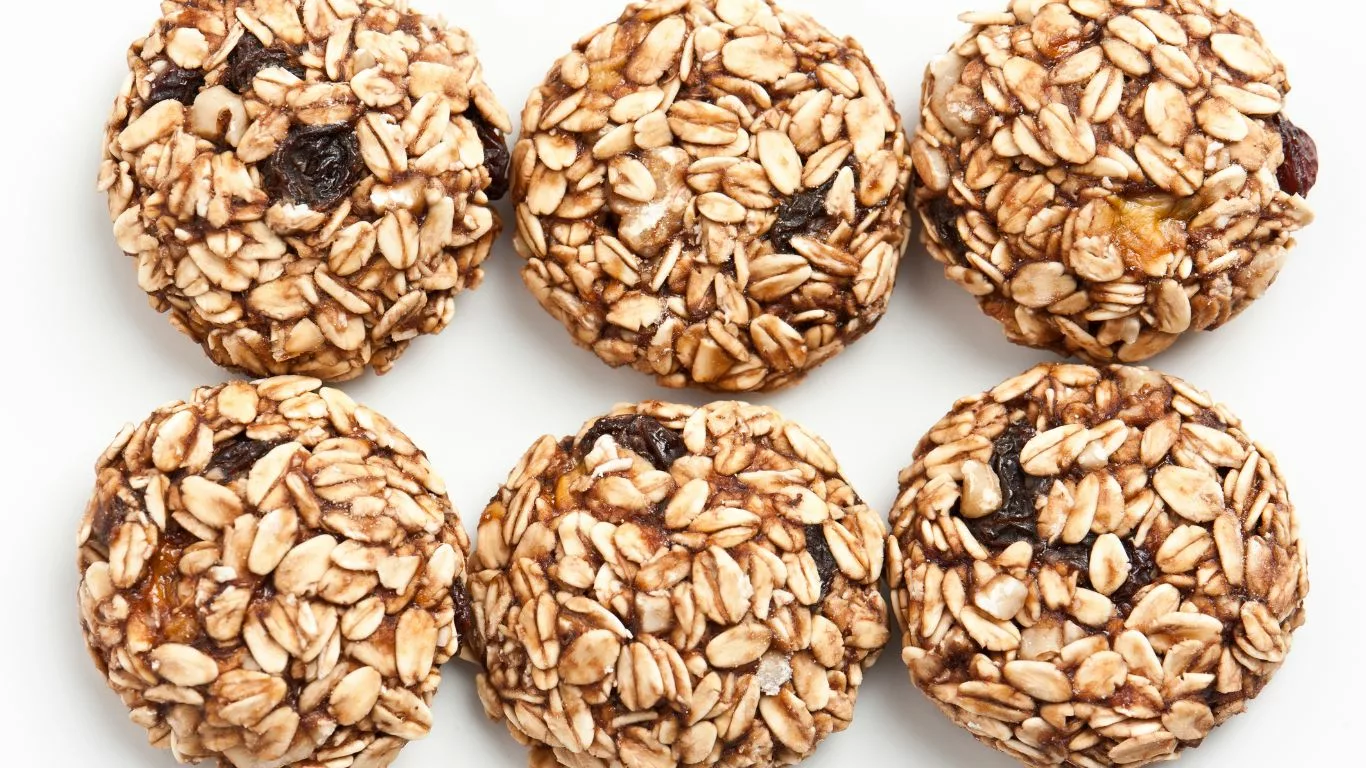Worst Foods for GERD: The Triggers You Need to Avoid Today2
If you’ve been waking up with that burning sensation in your throat or feel like your meals just don’t sit right anymore, you’re probably dealing with more than just a sensitive stomach. I’ve been there. For me, figuring out what was making my reflux worse was the first real breakthrough. GERD trigger foods aren’t always obvious—some of the worst culprits are everyday favorites. This guide is here to help you identify them, avoid discomfort, and eat smarter without second-guessing every bite.
Why Some Foods Trigger Acid Reflux More Than Others

GERD (Gastroesophageal Reflux Disease) happens when stomach acid flows back into the esophagus. While anatomy plays a role, diet is one of the biggest influences on symptom severity. Certain foods increase acid production, relax the lower esophageal sphincter (LES), or make your stomach empty slower—all of which spell trouble if you’re reflux-prone.
It’s not just about the acid levels in your stomach. Some foods create pressure, others trigger inflammation, and a few may affect gut motility. Understanding the “why” can make it easier to personalize your own reflux-safe eating strategy.
The Worst Offenders: Top GERD Trigger Foods

1. Fried and Fatty Foods
High-fat foods like fried chicken, French fries, and creamy sauces slow down digestion and increase pressure on your LES. They’re often the first foods doctors advise cutting back.
2. Citrus Fruits and Juices
Oranges, lemons, grapefruit, and even tomato juice are high in acid and can irritate an already sensitive esophagus.
3. Coffee, Caffeine, and Soda
Caffeinated drinks are known to relax the LES. Carbonated drinks also add pressure from gas buildup, making symptoms worse.
4. Spicy Meals
Even mildly spicy dishes can trigger burning and discomfort. Hot peppers, curry, chili, and sauces like sriracha are common culprits.
5. Chocolate
Sadly, chocolate contains caffeine, theobromine, and fat—three things that contribute to reflux flare-ups. Even dark chocolate isn’t safe for everyone.
6. Onions and Garlic
Both raw and cooked forms can cause LES relaxation and bloating, which can lead to more acid reflux episodes.
7. Peppermint
Often thought to soothe digestion, peppermint can actually worsen reflux by weakening the LES. That mint tea? Not always your friend.
Not Just What, But How You Eat

I used to think avoiding spicy food was enough—until I realized that portion sizes and timing matter just as much. A massive plate of grilled chicken and rice at 9 p.m. left me just as miserable as a greasy burger.
- Stick to smaller, more frequent meals
- Give yourself at least 2–3 hours before lying down after eating
- Chew slowly and avoid drinking too much water during meals
These changes might sound basic, but they made a major difference in how I felt throughout the day—and especially at night.
Better Choices: Smart Swaps for Common Trigger Foods

Going reflux-safe doesn’t mean giving up everything you love. Here are some of the swaps I’ve made over time that helped me feel better without feeling restricted:
- Instead of fried foods → Air-fried or baked options with lean proteins
- Instead of orange juice → Coconut water or melon smoothies
- Instead of coffee → Herbal teas like chamomile or ginger
- Instead of chocolate → Carob-based snacks or small portions of almond butter
- Instead of tomato-based sauces → Light pesto or roasted veggie blends
Making these small adjustments can prevent flare-ups while still enjoying your meals. For a full meal plan tailored around GERD-safe choices, explore our Ultimate GERD Diet Plan to support a healthier, more comfortable digestive journey.
Food Journals: Your Personal Reflux Detective

No two people experience GERD the same way. Some can eat bananas without a problem, while others feel the burn immediately. Keeping a food and symptom diary helped me pinpoint my personal triggers—and avoid unnecessary restrictions.
Write down:
- What you ate
- When you ate it
- Any symptoms and when they occurred
Within two weeks, I noticed patterns I hadn’t seen before. That’s when my real healing started.

Camellia Wulansari is a dedicated Medical Assistant at a local clinic and a passionate health writer at Healthusias.com. With years of hands-on experience in patient care and a deep interest in preventive medicine, she bridges the gap between clinical knowledge and accessible health information. Camellia specializes in writing about digestive health, chronic conditions like GERD and hypertension, respiratory issues, and autoimmune diseases, aiming to empower readers with practical, easy-to-understand insights. When she’s not assisting patients or writing, you’ll find her enjoying quiet mornings with coffee and a medical journal in hand—or jamming to her favorite metal band, Lamb of God.







